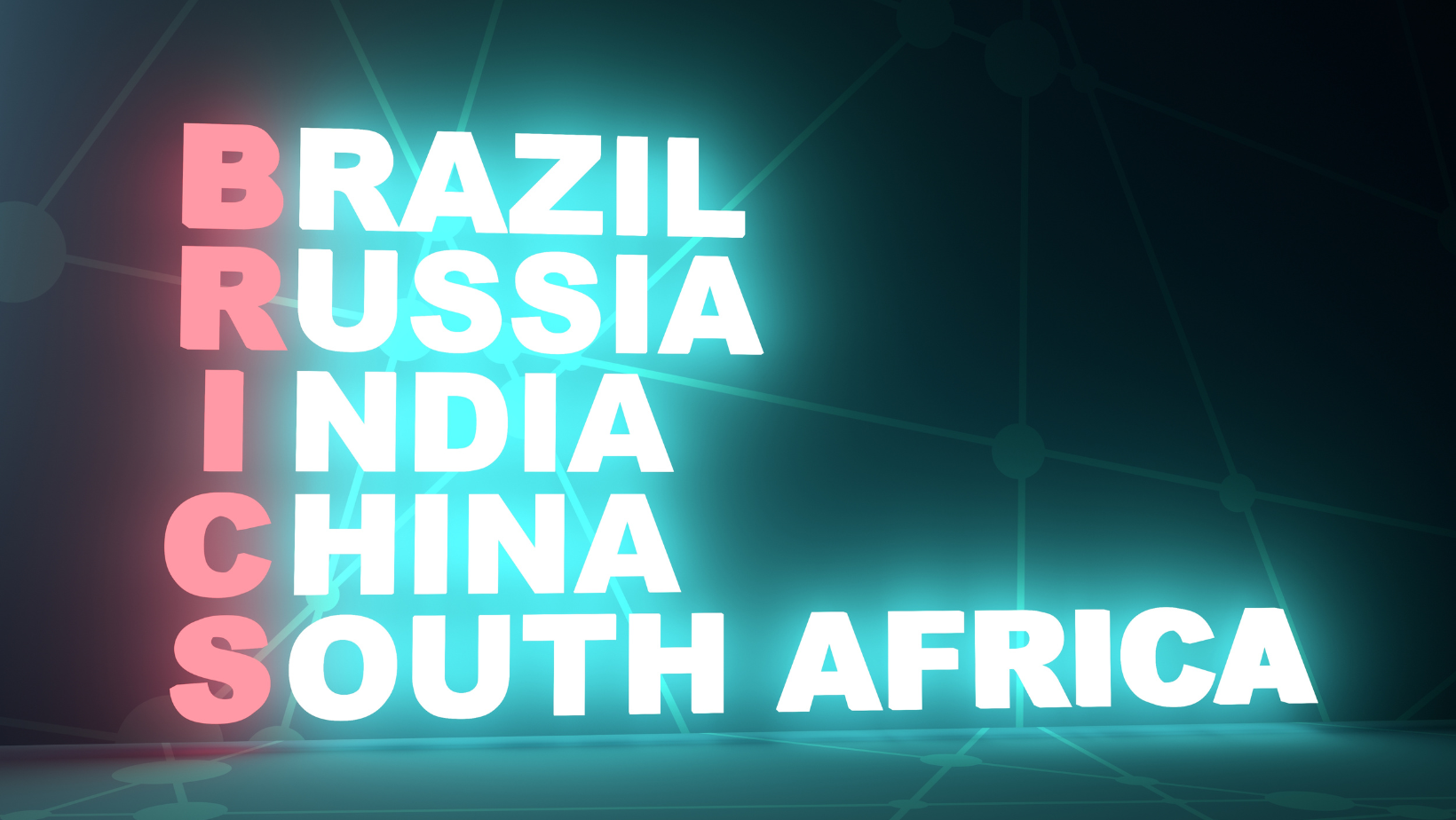BRICS is an acronym which defines the economies of Brazil, Russia, India, China and South Africa, that is, developing countries, characterized by great natural resources, vast territory, large population and a strong GDP growth over the past 20 years.
It was founded in the first years of the XXI century by four countries: Brazil, Russia, India, and China, in fact the term BRIC was coined by the economist Jim O’Neill in the year 2001, and at that time it did not include South Africa.
In 2006, at the United Nations Assembly the first four countries established an informal diplomatic coordination and in 2009 the heads of states met for the first time in Yekaterinburg. The main goal was the approval of a lasting collaboration in order to diminish the power of the petrodollar and to promote a greater global equilibrium. In December 2010 South Africa joined the organization and in the same year the BRIC was already considered one of the most influential organisations in the economic field. In 2014 the BRICS countries represented 42% of the world population and 22% of the global economy, and in the same year they established an autonomous financial structure: the New Development Bank).
According to Jim O’Neill, by 2050, these countries will become the first (Cina), third (India), fifth (Brazil) and sixth (Russia) countries of the global economy. Even now, together, they are the largest suppliers of the industrialized world and they will soon be able to surpass the economies of developed countries (such as the United States, Japan, Great Britain, Germany, France and Italy) in production, sales and GDP. Despite their international influence, these countries are very different, if considering their cultural and political background. The level of economic and infrastructural development is also dissimilar and at different stages. For example, India is far behind the other BRICS countries in the field of infrastructure and population protection. On the other hand, when talking about politics, South Africa is the weakest one among the five BRICS countries.
However, in 2014 China and Russia pushed for South Africa to enter the pact, for everal reasons: firstly because China has been carrying out a process of industrial colonization in Africa and needed an “ally on the ground”. Russia had an interest in the large quantity of raw materials and resources present in its territory and, by granting its entry into what promises to be the “future first economic power”, it wanted to have priority access to these.
BRICS formed a new world balance which, for the first time, does not emerge from post-war consequences. At least theoretically, there is no dominant force in the BRICS. Instead, it is based on respect for the sovereignty of every country on democracy and on sustainable development for the benefit of all member states. All this has led to the formation of a post-Western order. Despite the cultural, economic, political and technological differences, those countries collaborate in order to develop a peaceful economic mechanism, with the awareness of forming together the most influential economic power in the world.
The BRICS has been repeatedly criticized for its lack of cohesion and innovation, shown by the unwillingness to accept other states within the organisation. Economists, who see these states facing a period of crisis, wonder how they could take advantage of this organization. In fact, Russia is under criticism, especially by the Western World for the war declared against Ukraine and, as a consequence, the ruble is undergoing a serious devaluation. India and China are facing difficulties on the social front due to numerous uprisings caused by the discontent of the population. Moreover, South Africa seems to have limited effective power within the organization, being merely a strategic base for the new colonization of the continent from China. This could lead to a distrust of the various BRICS members towards each other. Finally, Brazil is experiencing a period of internal crisis characterized by corruption, after the change of Government, beside being partly a member of the organization as another strategic base in the new world. We must also consider that Russia (despite being only the eleventh world economic power) influences decisions as much as China (second world economic power): this limitation of power could at a certain point be unpleasant to the People’s Republic and this could cause further threats of war.
Petra Micheletto 5B





